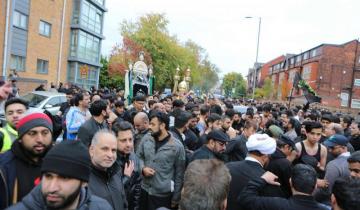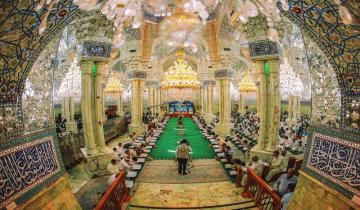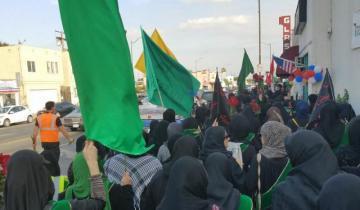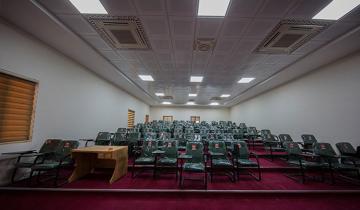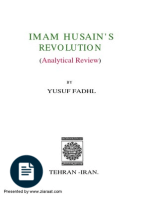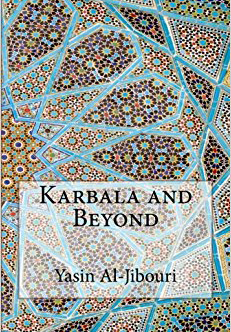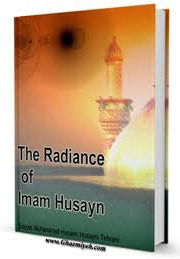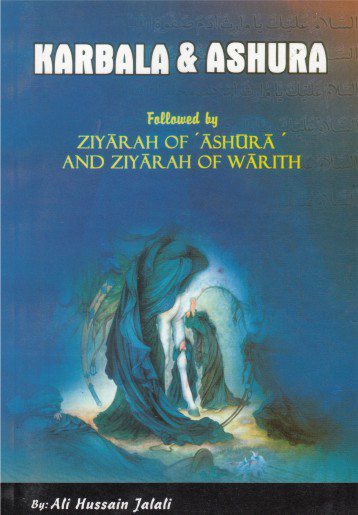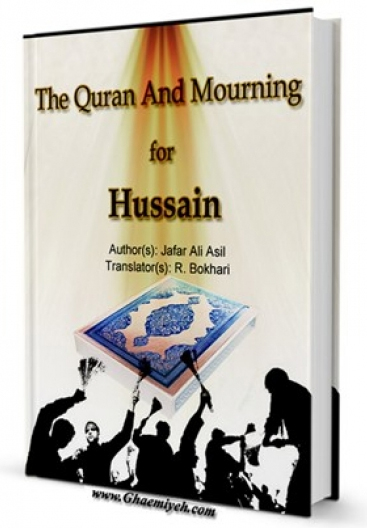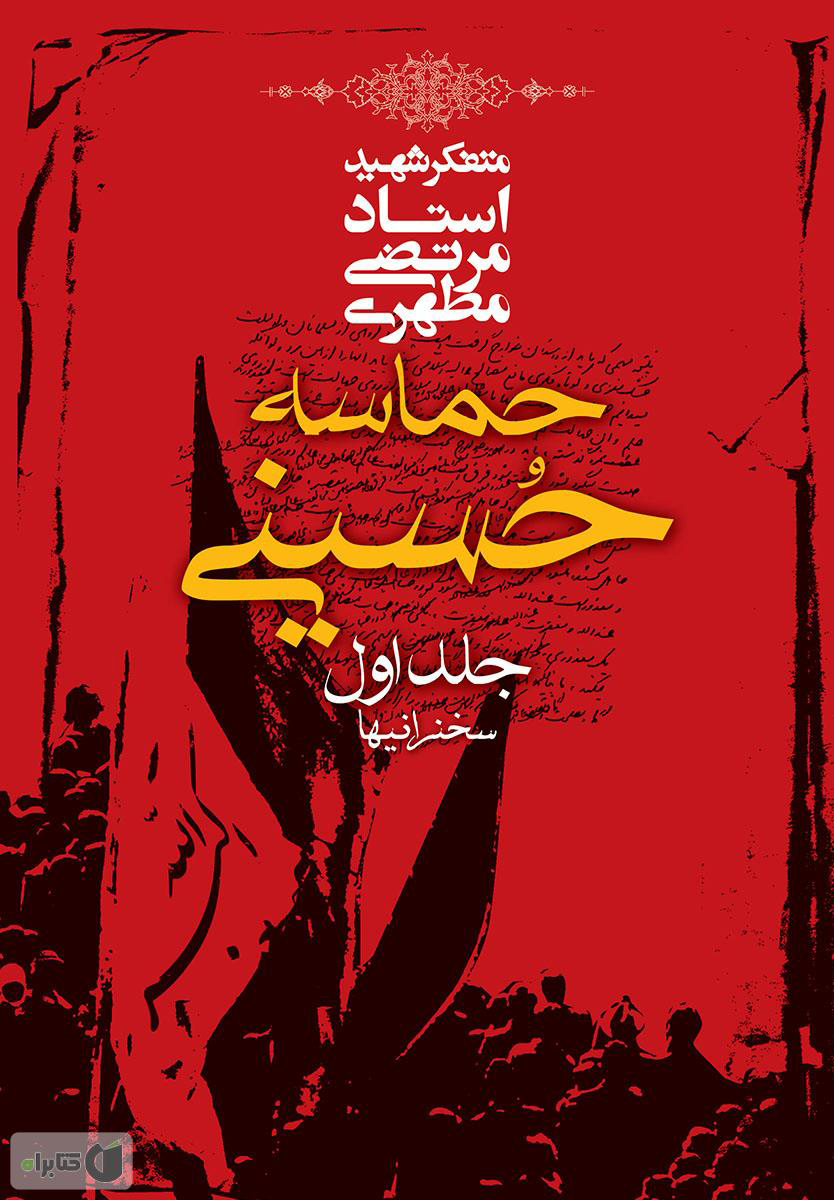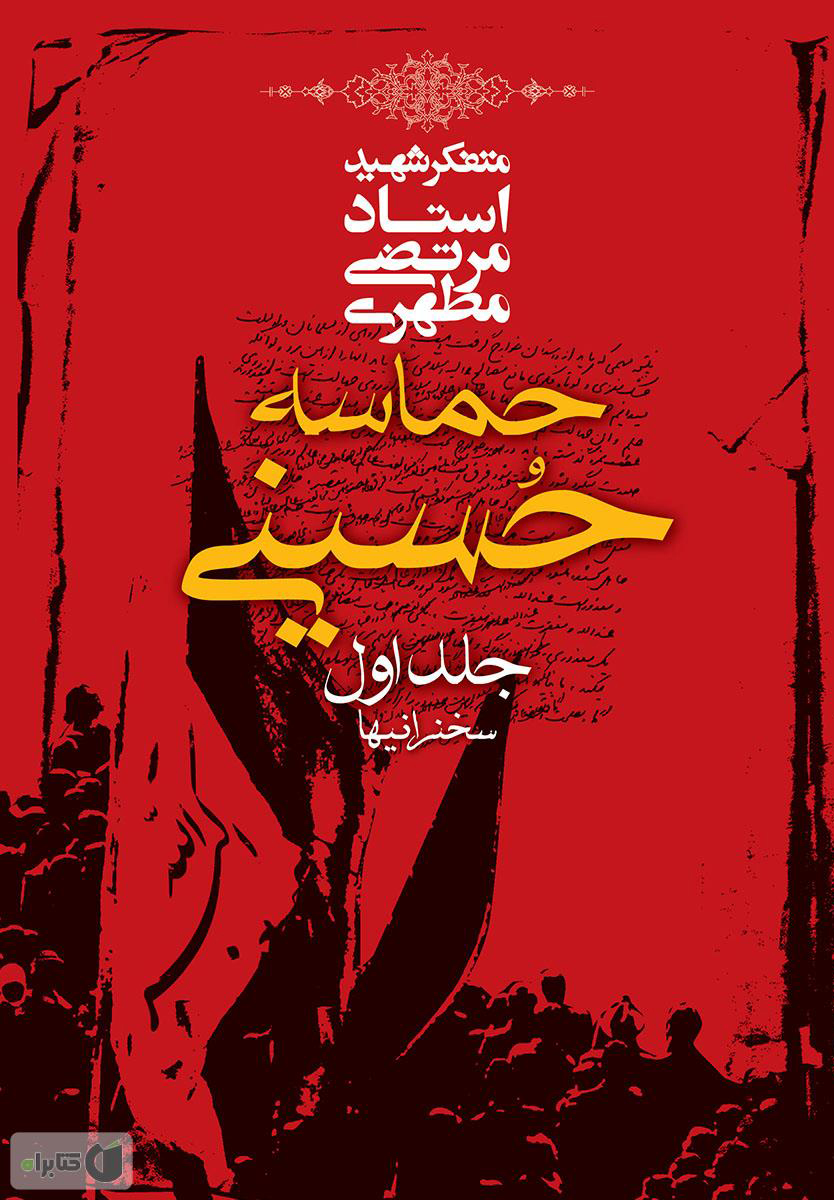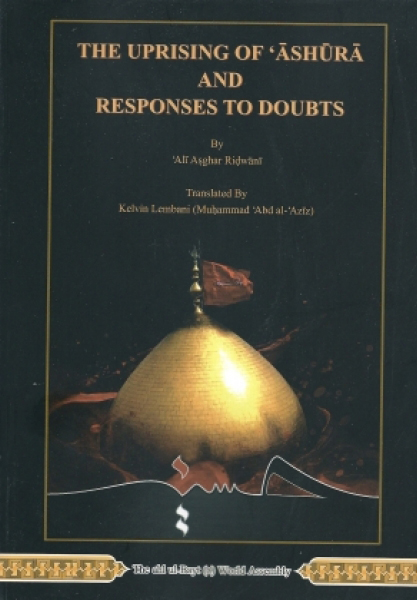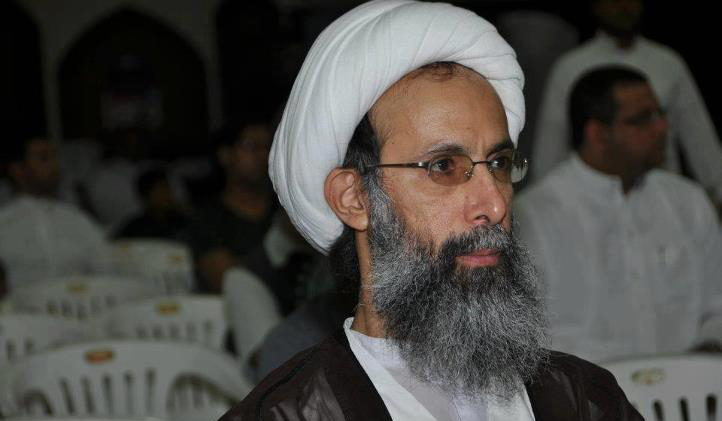
Nimr Baqir al-Nimr commonly referred to as Sheikh Nimr, was a Shia Sheikh in al-Awamiyah in Saudi Arabia's Eastern Province. He was born here in 21 June 1959.
Al-Nimr came from a Shiite family famous for its history of resistance. In 1929, his grandfather led an armed revolt against government tax collectors and missionaries from the Wahhabi sect.
He studied for about ten years in Tehran and also studied in Syria. He initially followed Grand Ayatollah Mohammad Hussaini Shirazi and as of 2008, followed Grand Ayatollah Mohammad Taqi al-Modarresi.
While in exile in Iran, Al-Nimr joined the Shirazi movement, hard-liners who wanted to see an Iranian-style Islamic revolution in Iraq. He left the group when Iran ultimately rejected and exiled the Shirazis.
After Al-Nimr returned to Saudi Arabia in the 1990s, he was repeatedly arrested or detained by authorities.
As of 2008, he was independent of the two main political groups in the Eastern Province Shia community, Islahiyyah (the Shirazis) and Hezbollah Al-Hejaz (Saudi Hezbollah).
Al-Nimr had been the Friday prayers leader in al-Awamiyah since 2009 or earlier.
Since 1979, the Saudi government had jailed, exiled, or executed hundreds of Shiites. "Saudi recruits for al-Qaeda and the Islamic State group are often motivated by a desire to contain Shiism and stem Iranian influence in the region—strategic objectives that Saudi media perpetuates ad infinitum," writes Toby Mathiessen. "Anti-Shiite (and anti-Christian and anti-Jewish) incitement is spread across the region by Saudi-based television channels."
At the same time the Iranian revolution, in 1979, Nimr was leaving Saudi Arabia to study in Iran, as many Shia clerics do. He returned in 1994, where The Guardian reports he became well known to state security but remained otherwise obscure: "The kingdom’s intelligence services questioned him frequently, largely over his calls for increased religious freedom. He was eventually detained in 2003 for leading public prayers in his home village, where he had become an imam."
He was popular among youth and critical of the Saudi Arabian government, calling for free elections in Saudi Arabia. He was arrested by Saudi authorities in 2006, at which time al-Nimr said he was beaten by the Mabahith (the "secret police" agency of the Presidency of State Security in Saudi Arabia). In 2009, he criticised Saudi authorities and suggested that if Saudi Shia rights were not respected, the Eastern Province should secede. Saudi authorities responded by arresting al-Nimr and 35 others. During the 2011–12 Saudi Arabian protests, al-Nimr called for protestors to resist police bullets using "the roar of the word" rather than violence, and predicted the collapse of the government if repression continued.
On 8 July 2012 Saudi police shot al-Nimr in the leg and arrested him. Saudi police fired into a crowd of thousands who protested al-Nimr's arrest, killing two men, Akbar al-Shakhouri and Mohamed al-Felfel. Al-Nimr started a hunger strike and allegedly was tortured. The Asharq Center for Human Rights expressed concern for al-Nimr's health during his hunger strike on 21 August, calling for international support to allow access by family, lawyer and human rights activists.
On 15 October 2014 al-Nimr was sentenced to death by the Specialized Criminal Court for "seeking 'foreign meddling' in Saudi Arabia, 'disobeying' its rulers and taking up arms against the security forces." His brother, Mohammad al-Nimr, was arrested on the same day for tweeting information about the death sentence. Al-Nimr was executed on or shortly before 2 January 2016, along with 46 others. His execution was condemned by Iran and Shiites throughout the Middle East, as well as by Western figures and Sunnis opposed to sectarianism. The Saudi government said the body would not be handed over to the family. In March 2017, after a long campaign of harassment, the Saudi security forces killed two cousins of Nimr family during a raid on a farm in eastern Saudi Arabia. Miqdad and Mohammad Al-Nimr were killed at a farm in Awamiyah, the Nimr family hometown.
1. https://en.wikipedia.org/wiki/Nimr_al-Nimr#Personal_life
2. http://www.latimes.com/world/middleeast/la-fg-sheik-nimr-profile-20160105-story.html
3. https://www.theatlantic.com/international/archive/2016/01/nimr-al-nimr-saudi-arabia-shiites/422670/
-
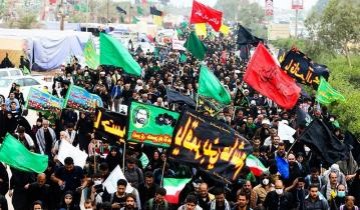 Arbaeen 2017: Pilgrims Flocking to Karbala for Arbaeen (PHOTOS)
Arbaeen 2017: Pilgrims Flocking to Karbala for Arbaeen (PHOTOS)
-
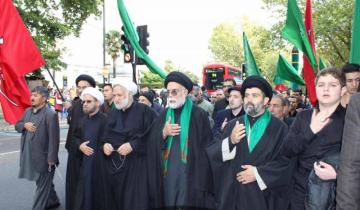 Ashura 2016: The annual Ashura day procession in London (PHOTOS)
Ashura 2016: The annual Ashura day procession in London (PHOTOS)
-
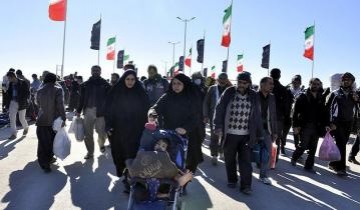 Arbaeen 2016: World Shiite Muslims Commemorate Arbaeen (PHOTOS)
Arbaeen 2016: World Shiite Muslims Commemorate Arbaeen (PHOTOS)
-
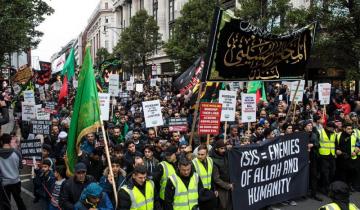 Ashura 2017: Thousands of Muslims march on Ashura day in London (PHOTOS)
Ashura 2017: Thousands of Muslims march on Ashura day in London (PHOTOS)
-
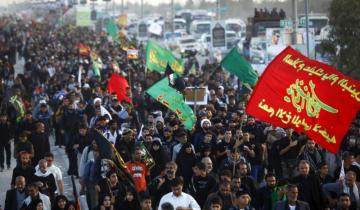 Arbaeen 2015: Millions of pilgrims throng Iraq's Karbala (PHOTOS)
Arbaeen 2015: Millions of pilgrims throng Iraq's Karbala (PHOTOS)
 Library
Library 











